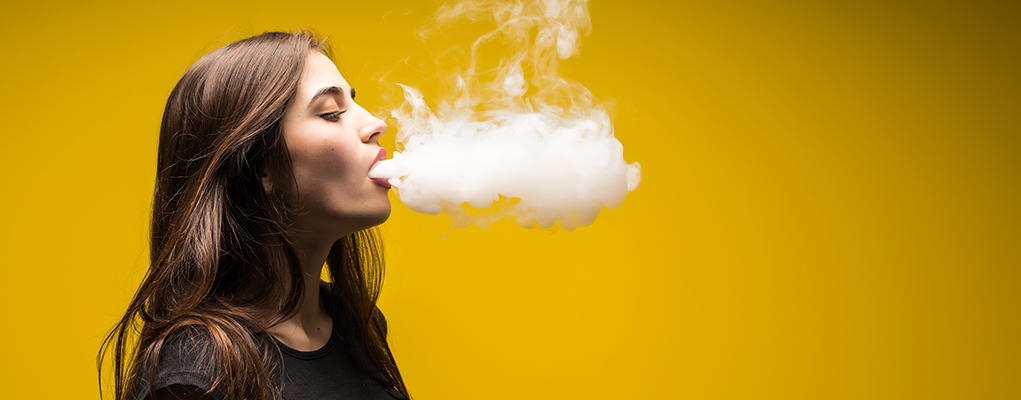The prime minister (inaccurately) stated that the products act as a gateway to smoking, and that candy flavours such as, marshmallow and bubblegum are targeting teenagers. Tobacco harm reduction experts would point out that there are a number of problems with Borne’s comments.
Firstly she is referring to vaping as smoking. Not only is vaping not smoking, but it has been proven by countless scientific studies to be the most effective way to quit. Although the comparison is far from perfect, saying that one is banning vapes in order to combat smoking, is like saying you are banning sugar free deserts in order to reduce sugar consumption.
Of course Borne’s reason for comparing vaping to smoking lies in her next comment, saying that vaping acts as a Gateway to smoking cigarettes. Once again, countless scientific studies have found that actually the opposite is true. Vaping acts as a Gateway out of, not into smoking.
Suggestions to ban vape flavours
In other news, a report by le Comité national contre le tabagisme (CNCT) published last February, concluded that non-tobacco flavours should be banned, and that the sales and marketing of the products should be restricted. The CNCT report is based on a three-year study from 2020-2022, and noted a very rapid evolution of the nicotine alternatives market with the introduction of a wide range of new products.
In light of the findings the paper suggested a ban on flavoured vapes and other nicotine products and tighter regulations on the sales and advertising of the products. The report said that the existing flavours heighten the “recreative dimension” of the products and also diminish their “addictive and toxic nature”. The CNCT added that it found that many manufacturers regularly offer promotions to make the products more accessible to young people and that many violate the advert restrictions set in place by the existing law.
A booming black market
Meanwhile, a 2019 report by the French Observatory of Drugs and Drug Addiction (OFDT) on smoking, had indicated a decline in tobacco sales. However this drop did not equate to a proportionate decrease in the number of smoking rates.
The report measured a drop of 50,000 tons in tobacco sales, equating to 10%, a figure which was expected, after the increase of tobacco prices in March 2018, but no equal 10% drop in smoking rates was observed. The OFDT report went on to cite customs documents which indicated an increase in tobacco sales near the borders, whilst a police source reported an increase in tobacco imports from Morocco.
On the other hand, the 2018 increase in tobacco prices, also equated to an increase in NRT sales in pharmacies, at 25%. Over 49.8% more smokers seemed to have turned to nicotine patches, and a further 4.3% resorted to oral nicotine substitutes such as gums. While the infamous smoking cessation drug Champix, saw a sales increase of more than 88.4%.
France’s Council of State Kills Sales Ban on Hemp Flowers and Leaves




![Recent Conference Urged Nations Worldwide to “Quit [Smoking] Like Sweden”](https://www.vapingpost.com/wp-content/uploads/2024/04/vape-conference-238x178.png)



